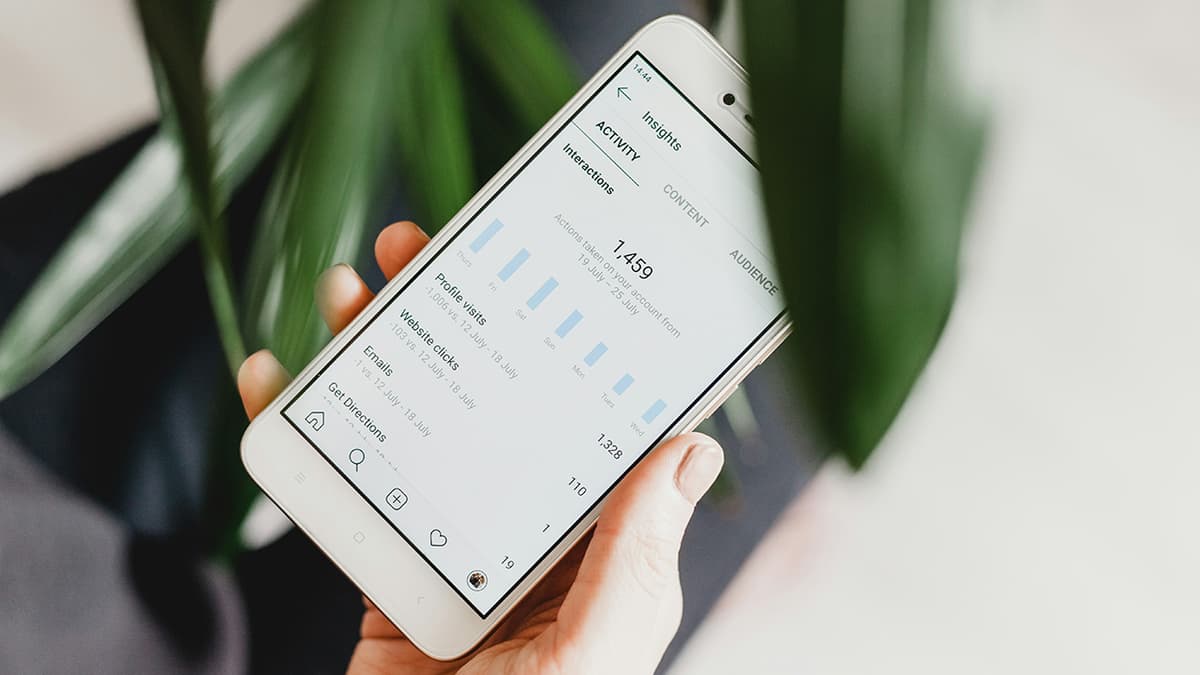What is a Good CRM for Contractors?
Contractors need effective tools to manage their clients, projects, and communications. A reliable Customer Relationship Management (CRM) system can greatly enhance your efficiency. This article highlights the features that make a CRM suitable for contractors and suggests some options to consider.
Why Do Contractors Need a CRM?
Contractors benefit from a CRM because it centralizes client information. This enables you to track leads, manage projects, schedule tasks, and communicate effectively. With all your client conversations and project documents accessible, you can save time and reduce stress. Organized data leads to improved client relationships, resulting in higher satisfaction and more referrals.
Essential Features for Contractors
When choosing a CRM, consider these essential features that cater to the needs of contractors:
1. Lead Management
The CRM should facilitate easy lead capture. It is important to organize and track potential clients from various sources. Look for a system that supports importing leads and categorizing them by status.
2. Project Management
A CRM should assist in managing multiple projects efficiently. Features like project timelines, task assignments, and budget tracking are vital. This helps monitor progress and manage resources effectively.
3. Communication Tools
Effective communication is crucial. A good CRM should offer email integration, task reminders, and collaboration features. This allows you to provide updates, share documents, and keep all parties informed.
4. Invoicing and Payment Tracking
Financial management is key for contractors. A CRM that includes invoicing and payment tracking simplifies these tasks. It should allow easy invoice creation, online payment acceptance, and outstanding balance monitoring.
5. Customization
Every contracting business has unique needs. A CRM should offer customization options. This allows you to adapt the interface, create tailored reports, and build workflows that fit your processes.
6. Mobile Access
Flexibility is essential. Many contractors work on-site. A CRM should have a mobile app or responsive design, enabling project management, scheduling, and communication while on the go.
7. Reporting and Analytics
Performance insights are crucial for growth. A good CRM should provide reporting tools that help analyze projects, client interactions, and sales data. This information is valuable for making improvements.
Recommendations for Good CRMs for Contractors
Here are some CRMs that contractors may find beneficial:
1. Zoho CRM
Zoho CRM offers a wide array of features, including lead management and project capabilities. You can automate tasks, set reminders, and customize the interface.
2. Buildertrend
Buildertrend is designed for construction professionals. It includes project scheduling, budgeting, and client communication tools, improving overall operations.
3. PipelineDeals
PipelineDeals is user-friendly and effective for managing leads and sales opportunities. It also offers strong contact management features for maintaining client relationships.
4. Procore
Procore is a comprehensive construction management platform that includes CRM capabilities. It assists in managing job sites, tracking budgets, and enhancing team collaboration.
5. Salesforce
Salesforce is a highly customizable CRM solution known for its extensive features. It offers robust reporting and analytics tools, suitable for contractors wanting detailed business insights.
Choose a CRM that simplifies your operations and enhances client relationships. Consider key features such as lead management, project oversight, and invoicing capabilities to find the right fit for your business. A suitable CRM will create a more efficient workflow, allowing you to focus on delivering quality work to your clients.












